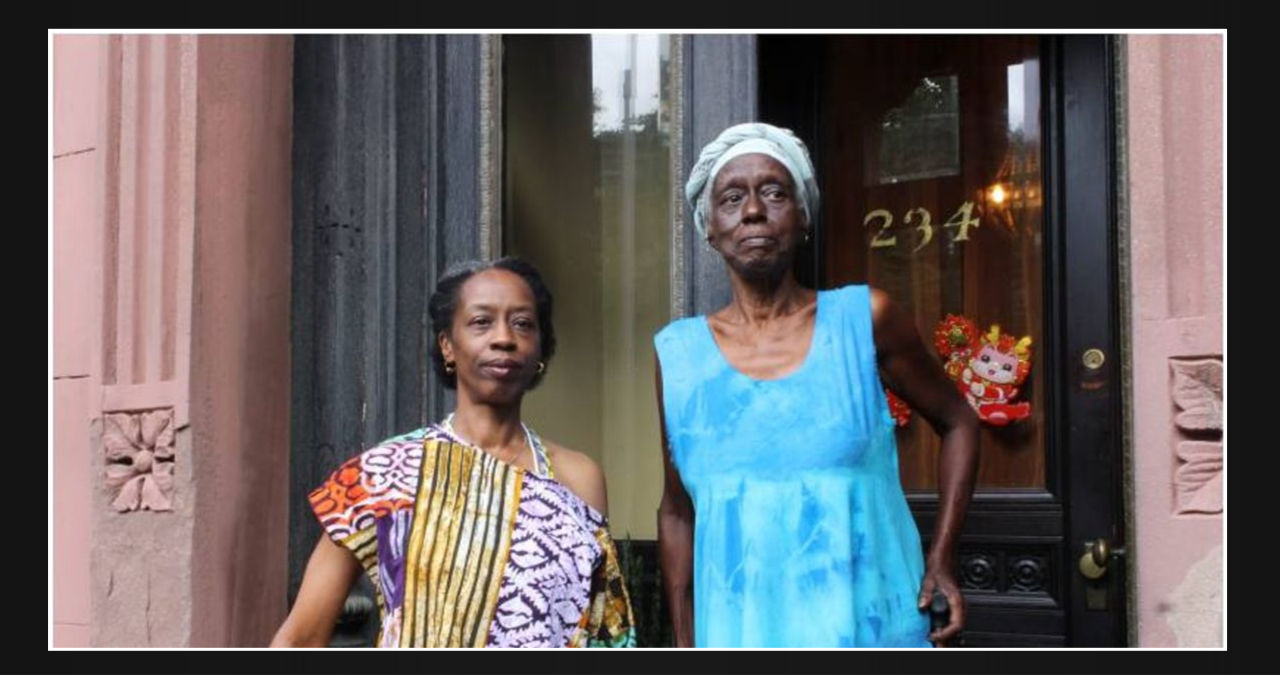Officials in the healthcare industry are expressing worry over a substantial surge in occurrences of dengue fever.
At present, Georgia has reported a total of 20 cases, with the majority of them being in the metro Atlanta area.
Healthcare providers are being warned by the Centers for Disease Control and Prevention, based in Atlanta, to remain vigilant for the virus.
According to the World Health Organization, there has been a significant increase in the number of dengue fever cases reported worldwide.
As of this year, the number of Americans affected by dengue fever has risen significantly, with nearly 2,900 cases reported. This figure is almost five times more than the cases reported back in 2023.
The number of documented cases in North and South America has exceeded 10 million, which is twice as much as last year’s figures.
Dr. Darien Sutton, a medical expert from ABC News, has highlighted various factors that have led to the surge in COVID-19 cases.
According to Sutton, there has been a surge in flooding, extreme heat, and international travel, all of which have contributed to the thriving of mosquitoes and an increase in infections. New York has reported the highest number of cases, mostly associated with travel, while places like Florida and Puerto Rico have reported cases associated with mosquito bites.
Mosquito bites are the primary means of transmission for the virus, as it is not contagious through person-to-person contact.
Healthcare providers have been notified of an increased risk of infection through a health alert issued by the CDC.
One of the most frequently encountered indicators of dengue fever is a combination of fever accompanied by aches and pains, headache, queasiness, and vomiting, as well as a rash.
In some instances, the gums or mouth may experience bleeding in severe cases.
According to Sutton, the treatment for COVID-19 is primarily focused on providing supportive care. It is possible to receive treatment while staying in the comfort of your own home. In most cases, the symptoms will be mild and can be managed by ensuring that you stay hydrated. It is crucial to note that taking ibuprofen or aspirin should be avoided as it can increase the rare risk of bleeding.
Medical professionals emphasize the significance of prevention and suggest getting rid of stagnant water, utilizing insect repellents that contain DEET, and wearing clothing that covers both the arms and legs to steer clear of mosquito bites.







